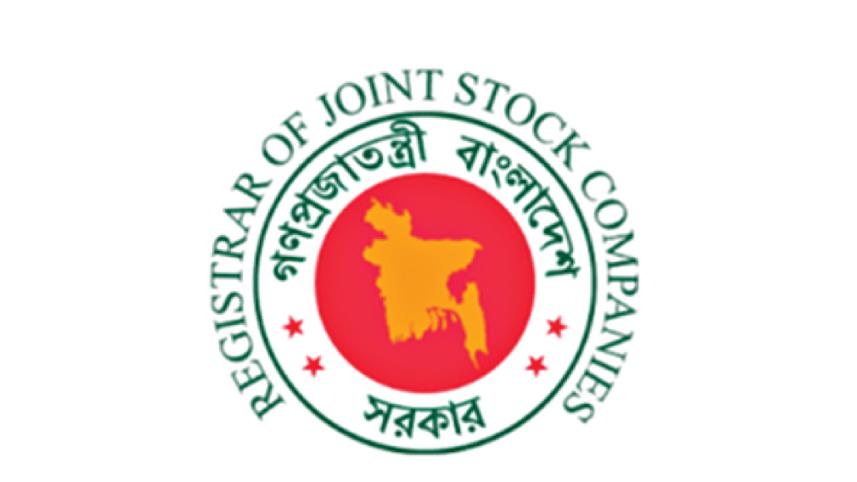ID for Online Businesses: Only 14% of applications granted

Only around 14 per cent of applications filed by e-commerce companies have been granted digital business identification (DBID) certificates since the registration process was initiated over a year ago.
On February 6, 2022, Commerce Minister Tipu Munshi launched the DBID system. Every e-commerce company has to obtain the DBID to do business. The Office of the Registrar of Joint Stock Companies and Firms (RJSC) issues the DBID certificate.
A total of 599 e-commerce companies have received the DBID certificates although 4,231 had applied, said the RJSC, adding that another 148 applications were being scrutinised.
Many entrepreneurs do not give accurate information in the application and do not follow instructions, for which many applications get rejected, explained an RJSC official, requesting anonymity.
One of the most common reasons for the rejection was that the e-commerce companies do not provide customers their terms and conditions on their online sites in Bangla, he told The Daily Star yesterday.
He believes that many entrepreneurs do not understand the DBID's benefits, for which they were not applying for one.
There is a lack of awareness, for which there is not that much of a response.
"Awareness needs to be raised," he said.
Currently, many e-commerce companies are applying for the DBID whenever they need a trade licence or bank loan as it is a prerequisite.
For the past couple of months, 1,000 to 1,200 applications have been submitted every month on an average. This number is very low compared to the number of e-commerce companies in the country, added.
The e-Commerce Association of Bangladesh (e-CAB) says it currently has 2,011 members doing business online, be it through any social media platform such as Facebook or a dedicated website.
And they estimate that there were more than 50,000 active Facebook pages running businesses.
When the minister had launched the initiative, it was just based on a simple website and there were no specific instructions for the registration process, the RJSC official said.
However, on August 13, a revamped website was launched while specific steps taking customers through the registration process step by step were published through a gazette.
The commerce ministry launched the system with a view to checking irregularities in the sector and bring back customers' trust following widespread fraud that unfolded in 2021.
Over 25 e-commerce platforms had offered hefty discounts against advance payments but only to cheat customers out of huge sums of money.
Initially, there were some technical problems in the platform, including not being user-friendly, for which it took time to get the process up and running, Sahab Uddin Shipon, vice president of the e-CAB, told The Daily Star on Sunday.
Awaiting a DBID certificate for his own organisation, Shipon believes there should be more awareness among the businesspeople about both the advantages and disadvantages of the DBID.
"There is a lack of awareness, for which there is not that much of a response," said Sheikh Shoebul Alam, registrar of the office of the RJSC, adding that they were working on it.
The online industry has now largely recovered from its 2021 crisis, said BM Mainul Hossain, professor of the Institute of Information Technology at the University of Dhaka.
Bringing all e-commerce entities under government monitoring so as to prevent fraudulence cannot be attained overnight. They first have to be onboarded and then the conditions slowly imposed, he added.
Tapan Kanti Ghosh, senior secretary to the commerce ministry, could not be reached for comment yesterday.

 For all latest news, follow The Daily Star's Google News channel.
For all latest news, follow The Daily Star's Google News channel.